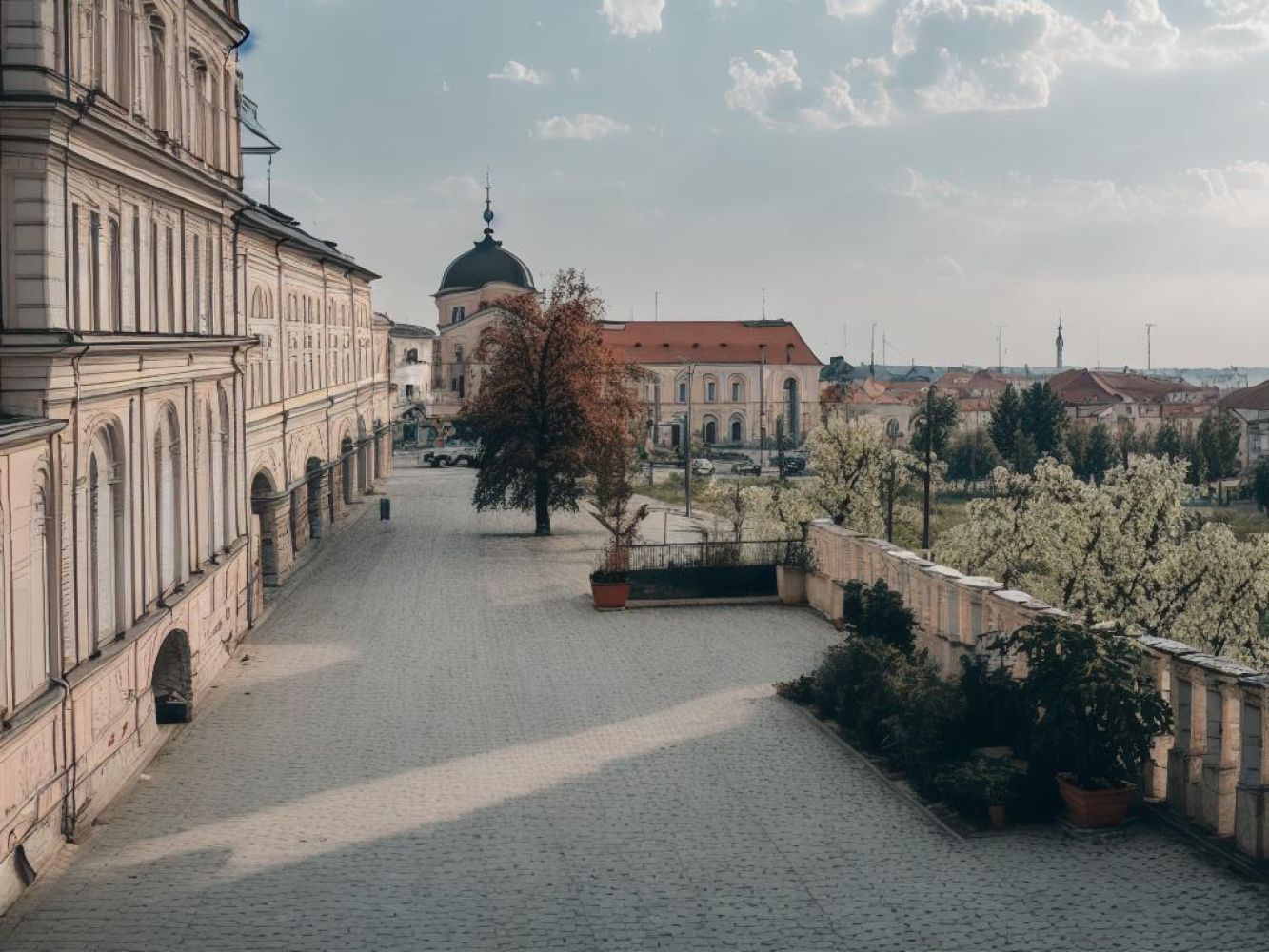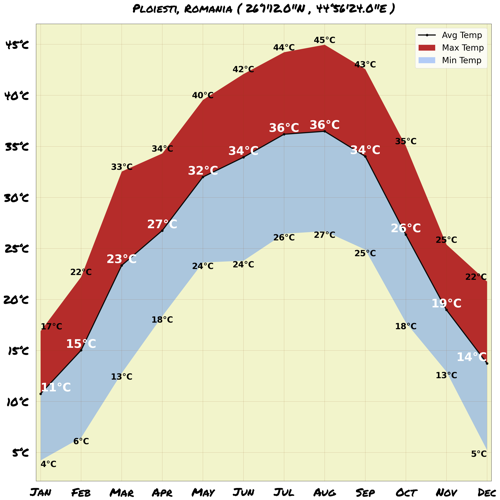Understand
Step into the vibrant history of Ploieti, home to the world's first large-scale oil refinery back in 1856. This charming city played a pivotal role in the extraction and refining of oil throughout the late 19th and 20th centuries. During this era, Ploieti blossomed into a bustling commercial hub. With its sprawling vineyards gracing the hills to the east, Ploieti attracted merchants from all corners of the country and even abroad, including the Austro-Hungarian Empire. The city's strategic location, where the main road from Bucharest splits into the roads leading to Moldavia and Transylvania, made it a vibrant meeting place for traders. As the city thrived, its drinking and partying culture became legendary. In its heyday during the early 20th century, Ploieti boasted one bar for every 200 residents, showcasing its lively spirit. During World War II, Ploieti played a pivotal role as Romania's largest oil producer, fueling the Nazi war effort. This led to a devastating bombing campaign by US military forces in 1943. Even under the strict Communist regime, Ploieti managed to host the first jazz festival in Romania in 1969. Despite its popularity, the festival was eventually moved to Sibiu, only making its triumphant return in the 2000s. Today, it is an annual city-wide celebration held in late October. While Ploieti remains an industrial powerhouse with its four oil refineries and hosting major companies such as Coca-Cola, Unilever, British American Tobacco, and Interbrew, its proximity to Bucharest has led to a decline in population as younger generations seek better opportunities in the capital city or abroad. Nonetheless, Ploieti continues to attract foreigners visiting for business or studying at the renowned Oil and Gas University (UPG).
Map & Climate
Popular Foods
 Sarmale - Sarmale represents traditional Romanian cuisine at its finest. These cabbage rolls are filled with a mixture of minced pork, beef, rice, and onions, seasoned with various spices. The whole concoction is then slowly cooked in a rich tomato-based sauce. This hearty dish is often served during festive occasions or as comfort food on chilly days.
Sarmale - Sarmale represents traditional Romanian cuisine at its finest. These cabbage rolls are filled with a mixture of minced pork, beef, rice, and onions, seasoned with various spices. The whole concoction is then slowly cooked in a rich tomato-based sauce. This hearty dish is often served during festive occasions or as comfort food on chilly days. Mititei - Mititei are small, sausage-like rolls made from ground pork mixed with garlic, onion, and various spices. They're traditionally grilled, giving them a smoky flavor that pairs excellently with mustard and pickles. This beloved street food is a staple at picnics, sports events, and other gatherings throughout Romania.
Mititei - Mititei are small, sausage-like rolls made from ground pork mixed with garlic, onion, and various spices. They're traditionally grilled, giving them a smoky flavor that pairs excellently with mustard and pickles. This beloved street food is a staple at picnics, sports events, and other gatherings throughout Romania. Ciorbă de burta - Also known as tripe soup, ciorbă de burta is a traditional Romanian dish made from the slow-cooked stomach lining of a cow or sheep. It's prepared with onions, potatoes, spices, and sometimes smoked pork. Often enjoyed by those seeking warmth on cold winter days, this hearty soup can be found simmering on backcountry stoves or in rural homes across Romania.
Ciorbă de burta - Also known as tripe soup, ciorbă de burta is a traditional Romanian dish made from the slow-cooked stomach lining of a cow or sheep. It's prepared with onions, potatoes, spices, and sometimes smoked pork. Often enjoyed by those seeking warmth on cold winter days, this hearty soup can be found simmering on backcountry stoves or in rural homes across Romania.




Comments
NO COMMENTS